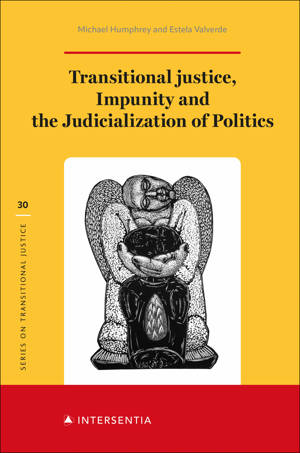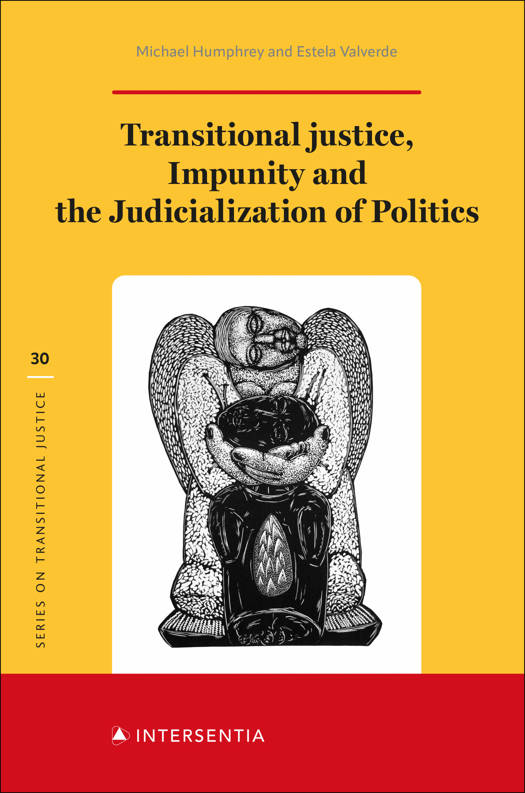
- Afhalen na 1 uur in een winkel met voorraad
- Gratis thuislevering in België vanaf € 30
- Ruim aanbod met 7 miljoen producten
- Afhalen na 1 uur in een winkel met voorraad
- Gratis thuislevering in België vanaf € 30
- Ruim aanbod met 7 miljoen producten
Transitional Justice, Impunity and the Judicialization of Politics
Michael Humphrey, Estela ValverdeOmschrijving
Over the past 40 years, transitional justice has evolved to become a UN-endorsed international norm, underpinning peacemaking and democratic transition after large-scale political violence. The judicialization of political conflict now dominates strategies to end violence and produce a durable peace.
A unique approach of this book is to use comparative case studies of political transitions in Uruguay, Lebanon, Spain, Kenya and Colombia to illustrate the historical development of transitional justice which gradually extended the reach of international human rights law to manage political transitions, thereby limiting impunity. Through these case studies, the book shows how transitional justice intervention has been shaped by distinct histories of conflict, elite pactism and transitional jurisprudence.
The originality of this book lies in its theorization of transitional justice as a generative lawmaking project. It draws on legal, sociological and anthropological theory to analyse truth and justice measures as hinge legal rituals designed to re-establish legal norms and generate community consensus – communitas – through participation. These performative legal rituals are supposed to produce lasting effects – justice, the rule of law, inclusion, reconciliation – but they frequently stall. Judicial processes are undermined, the hoped-for consensus about responsibility for past injustice fails to materialize, or governments lack the political commitment to fully implement transitional justice measures. Ultimately, the book shows how the aspirations and promise of transitional justice measures to achieve justice and peace are in fact never complete because the past is always restless.
Michael Humphrey is Professor Emeritus in Sociology in the discipline of Sociology and Criminology at the University of Sydney, Australia. He has published widely in anthropology and comparative sociology, focusing on the themes of Islam in the West; the Lebanese diaspora; the social relations of globalisation; war, political violence and terrorism; human rights, transitional justice and reconciliation; violence, displacement and urban securitisation.
Estela Valverde is an Honorary Associate Professor of the Department of Spanish and Latin American Studies at the University of Sydney, Australia. She has published on issues relating to history, memory and politics and ethnic and gender identities. She is the Academic Editor of the Journal of Iberian and Latin American Research (JILAR). Her present research is in contemporary human rights politics, transitional justice and democratisation.
Specificaties
Betrokkenen
- Auteur(s):
- Uitgeverij:
Inhoud
- Aantal bladzijden:
- 414
- Taal:
- Engels
- Reeks:
Eigenschappen
- Productcode (EAN):
- 9781839705533
- Verschijningsdatum:
- 3/01/2025
- Uitvoering:
- Hardcover
- Gewicht:
- 600 g

Alleen bij Standaard Boekhandel
Beoordelingen
We publiceren alleen reviews die voldoen aan de voorwaarden voor reviews. Bekijk onze voorwaarden voor reviews.











